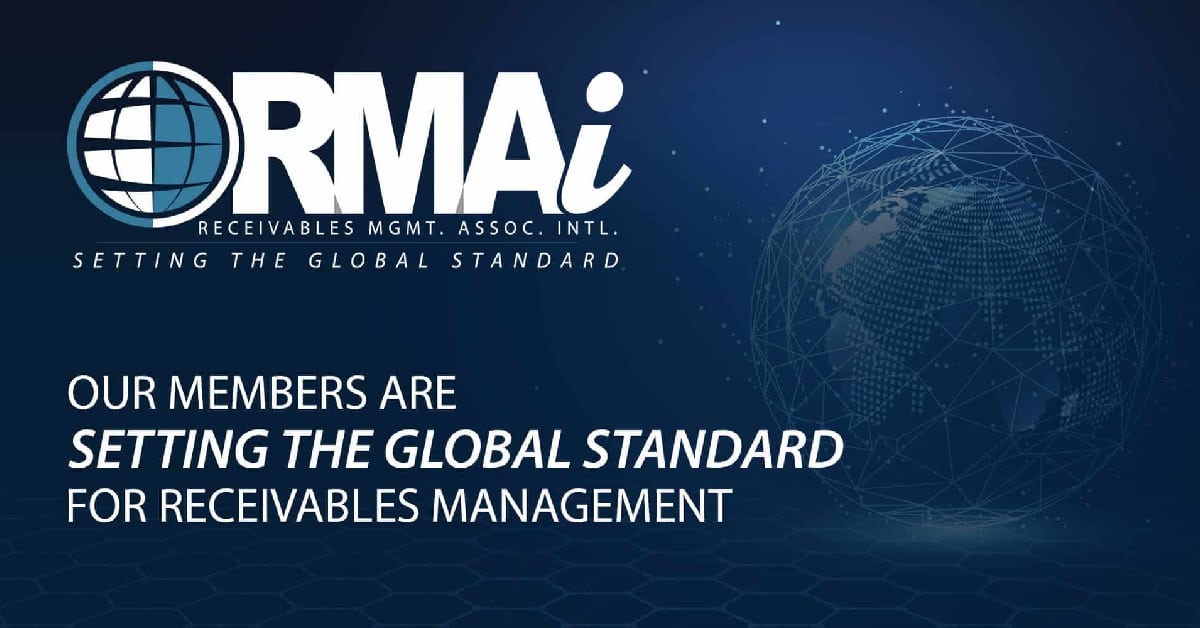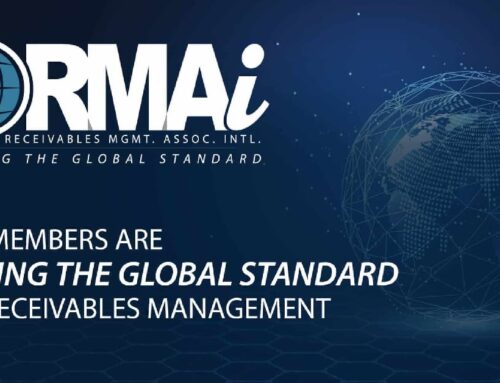Last week, Minnesota Governor Tim Walz signed into law Senate Bill 4097, containing reforms relating to collection agency licensing, coerced debt, medical debt limitations, property exemptions, and wage garnishment. The initial bill, which was introduced in February 2024, had the support of the Minnesota Attorney General’s Office and contained more far-reaching provisions. After three months of lengthy negotiations which were spearheaded by the Minnesota Creditors Rights Association and the Great Lakes Credit and Collections Association with the support of RMAI and the broader industry, the overzealous restrictions on the industry contained in the original legislation were significantly altered to make them more reasonable.
Here is a summary of the provisions impacting the receivables industry that were enacted into law:
WAIVER OF COLLECTION AGENCY LICENSE [pages 122-123]
Authorizes the Commissioner of Commerce to waive the licensing and registration requirements for a nonresident collection agency and the nonresident collection agency’s affiliated collectors if: (1) a written reciprocal licensing agreement is in effect between the commissioner and the licensing officials of the nonresident collection agency’s home state; and (2) the nonresident collection agency is licensed in good standing in the nonresident collection agency’s home state.
COERCED DEBT [pages 123-126] Effective: January 1, 2025
Amends the coerced debt statute that was adopted in 2023 to: (1) remove harassment as a form of coercion; (2) clarifies the rights of creditors to pursue legal action against the person who causes another person to incur a coerced debt; and (3) clarifies what a victim must state in written communication with the creditor before pursuing legal recourse.
MEDICAL DEBT LIMITATIONS [pages 126-131] Effective October 1, 2024
Prohibits a person or entity from: (1) reporting medical debt to a credit reporting agency; (2) charging interest, fees, charges, or expenses incidental to the charged-off medical debt unless the amount is expressly authorized by the agreement creating the medical debt or is otherwise permitted by law; (3) challenging a debtor’s claim of exemption to garnishment or levy in a manner that is baseless, frivolous, or otherwise in bad faith; or (4) violates a list of prohibitions which parallel existing state and federal collection prohibitions.
The law defines “medical debt” as “debt incurred primarily for medically necessary health treatment or services. Medical debt includes debt charged to a credit card or other credit instrument, on or after October 1, 2024, under an open-end or closed-end credit plan offered specifically to pay for health treatment or services” (emphasis added).
Importantly, the law indicates that medical debt does not include: (1) debt charged to a credit card or other credit instrument, under an open-end or closed-end credit plan, that is not offered specifically to pay for health treatment or services; (2) services provided by a veterinarian; (3) services provided by a dentist; or (4) debt charged to a home equity line of credit.
PROPERTY EXEMPTIONS [pages 134-140] Effective: August 1, 2024
Modifies a variety property exemptions and accompanying value thresholds which consumers can protect from levy, including but not limited to religious artifacts, musical instruments, household goods, jewelry, and motor vehicles and creates new exemptions for books, federal or state tax credit received by eligible low-income taxpayers, household tools, and a wildcard exemption in bankruptcy.
WAGE GARNSIHMENT [pages 140-144] Effective: April 1, 2025
Revises wage garnishment limitations by providing the maximum part of the aggregate disposable earnings of an individual for any pay period subjected to garnishment may not exceed the lesser of: (1) 25 percent of the debtor’s disposable earnings, if the debtor’s weekly income exceeds 80 times the greater of the hourly wage exemption requirement; (2) 15 percent of the debtor’s disposable earnings, if the debtor’s weekly income exceeds 60 times, but is less than or equal to 80 times, the greater of the hourly wage exemption requirement; or (3) 10 percent of the debtor’s disposable earnings, if the debtor’s weekly income exceeds 40 times, but is less than or equal to 60 times, the greater of the hourly wage exemption requirement. The existing hourly wage exemption formulas which are not changed by the new statutory requirements can be found on pages 141-142 of the bill text.
It is worth noting that several provisions contained in the original legislation were eliminated from the final bill text, including a complete ban on renewing consumer debt judgments, reducing the statute of limitations on consumer debt judgments from 10 to 5 years, reducing the statute of limitations on consumer debt to 3 years, and creating a $5,000 exemption on bank accounts.
RMAI encourages its members that collect on accounts owed by Minnesota consumers to share this information with their legal, compliance, and operations employees.
This Member Alert is intended for members of the Receivables Management Association International, is for informational purposes only, and is in no way intended to provide legal advice. Members are encouraged to consult with an attorney of their choice for legal advice concerning this matter.


